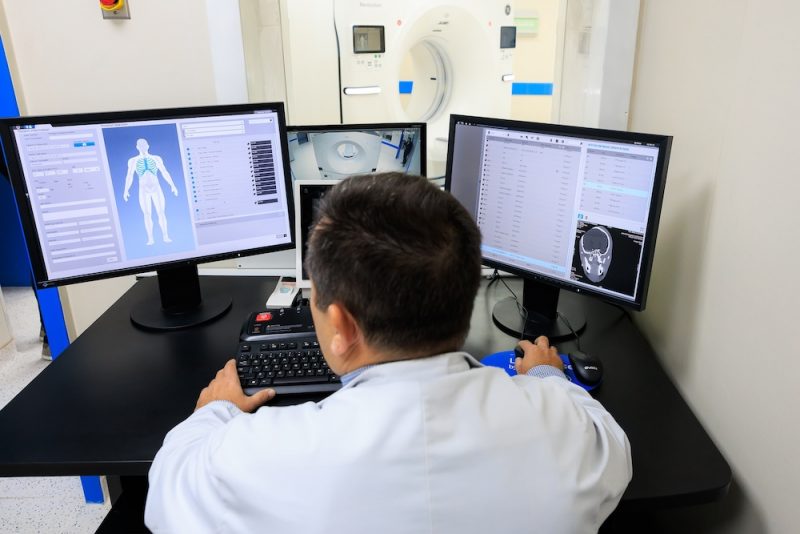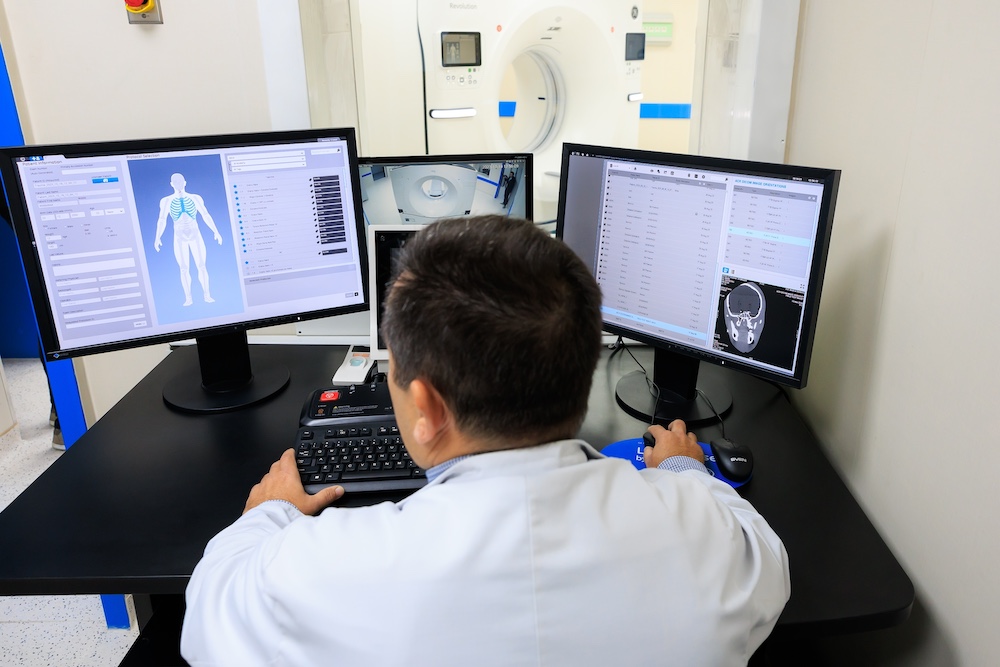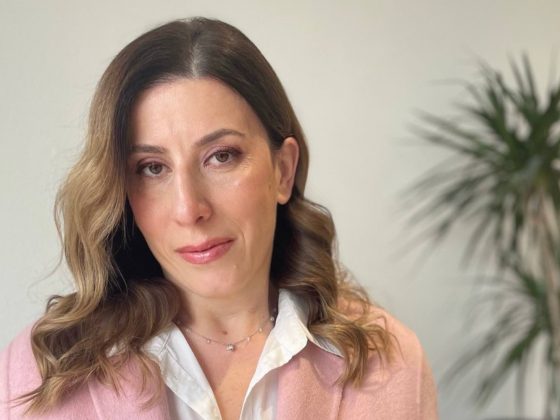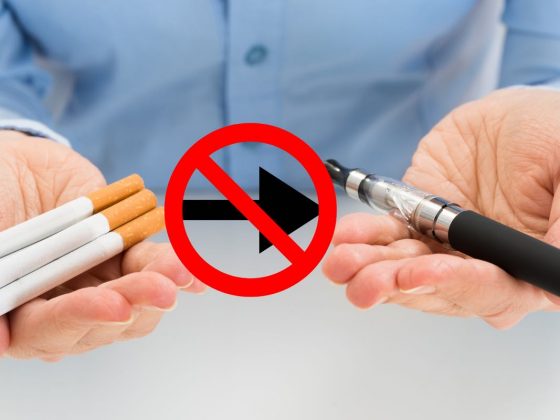Since Russia’s full-scale invasion of Ukraine in February 2022, Moldova has been a key destination for refugees because of its geographical proximity and cultural similarities to Ukraine. Over one million Ukrainian refugees have passed through Moldova and 100,000 are currently staying there. For a country with a population of 2.6 million and limited resources for medical coverage, the impact on the country’s medical system has been sizeable. But in oncology, despite the challenges, it has also been transformative.
Equal rights to treatment
Soon after the start of the invasion, a cancer assistance programme was set up in Moldova by voluntary organisations, granting refugees the same rights as Moldovan patients. Speed was of the essence: research published during the Covid pandemic indicates that each month of delay in cancer treatment brings a 6–13% higher risk of mortality. Setting up the programme took only two months, according to Artiom Mînzătean, resident doctor at the Moldovan Oncology Institute, the country’s only cancer treatment centre. International cooperation was crucial.
“From May 2022, we’ve had a partnership with two organisations, the International Organization for Migration (IOM) and the Blue Heron Foundation (BHF), to cover the entire range of diagnosis and treatment,” he says. “With this programme, we’ve tried to offer Ukrainian refugees the same free treatment that Moldovan citizens get.”
The IOM is an intergovernmental organisation that provides services and advice to governments and migrants, while the BHF is a nonprofit organisation dedicated to improving the quality of life of Romanian and Moldovan orphans and abandoned children. Though not specifically focused on cancer, the organisations proved to be reliable partners.
The BHF helps cover costs of treatment for surgery, radiotherapy, and chemotherapy, as well as some salaries for operating staff. When patients require therapies unavailable in Moldova, BHF helps transfer them to neighbouring Romania.
Romania is a key partner, says Mînzătean. “For some particular types of treatment, like radiotherapy, the waiting lists were long before, and the refugees put even more pressure on the system. So we’ve identified an opportunity to streamline care by transferring some of the patients to Romania.”
Moldova’s system handled the pressure
With the health system already under stress, integrating the refugees became a national challenge, says Mînzătean. But remarkably, the influx of refugee patients seems to have had little impact on the treatment of Moldovan patients. Between February 2022 and February 2024, 880 refugees attended the oncology institute. Of those, 488 were diagnosed with cancer – a relatively low number compared to the national figure. Annually, around 200,000 people reach out to the institute of whom 10,000 are diagnosed with cancer.
Limited resources have meant that some patients have had to be prioritised, both for local treatment and for transfer to Romania. However, the programme centres on the principle that there is no discrimination between Moldovan patients and refugees. Local patients and doctors have indicated no grievances about integrating the refugees into the medical system.
Donor fatigue
The financing contract with the BHF has now ended. But according to Ruslan Baltaga, Director of the Moldovan Oncology Institute, refugees still enjoy the same access to cancer services as Moldovans. This includes participation in national screening programmes, to which Ukrainian refugees have had access since October 2023. Some logistical and bureaucratic challenges have had to be overcome – for example, Ukrainian-language consent forms have been introduced, and patient files have been uploaded to an online platform, making it easier to monitor and transfer patients.
Funding remains a problem, however. Baltaga says the institute is working with IOM to identify long-term funding sources, but officials are concerned about sustainability, given that most of the established grants and funding mechanisms do not apply in this context.
Donor fatigue is also a problem. International support tends to decrease over time, as was demonstrated during the coronavirus crisis.
On the positive side, treatment costs in Moldova are relatively low compared to other countries. This is one reason why the programme was able to receive funding in the first place. Nimble and adaptable partnerships are now required.
A boost for Moldovan oncology
What is perhaps most encouraging is that, according to Baltaga, something good has come out of this adaptation for Moldovan oncology as a whole. He says that responding to the refugee crisis accelerated the modernisation of some sections of the oncology institute, like radiotherapy. The institute acquired equipment it had been in dire need of for years.
The refugee programme also brought new training initiatives and international collaborations that helped local doctors grow and develop better treatment protocols. Tumour boards, and regular meetings about complex cases, have become more frequent since the programme began.
“These international, interdisciplinary collaborations have improved our decision making capacity across the board,” says Mînzătean. “Even for resident doctors, this was an important gain of experience.
“We are ready to help. We’re improving our capacity in terms of diagnosis, treatment, and support, for the refugees as well as the rest of the population.”
Opening illustration shows a doctor at Moldova’s Balti Clinical Hospital viewing images from a CT scanner newly installed in October 2023












